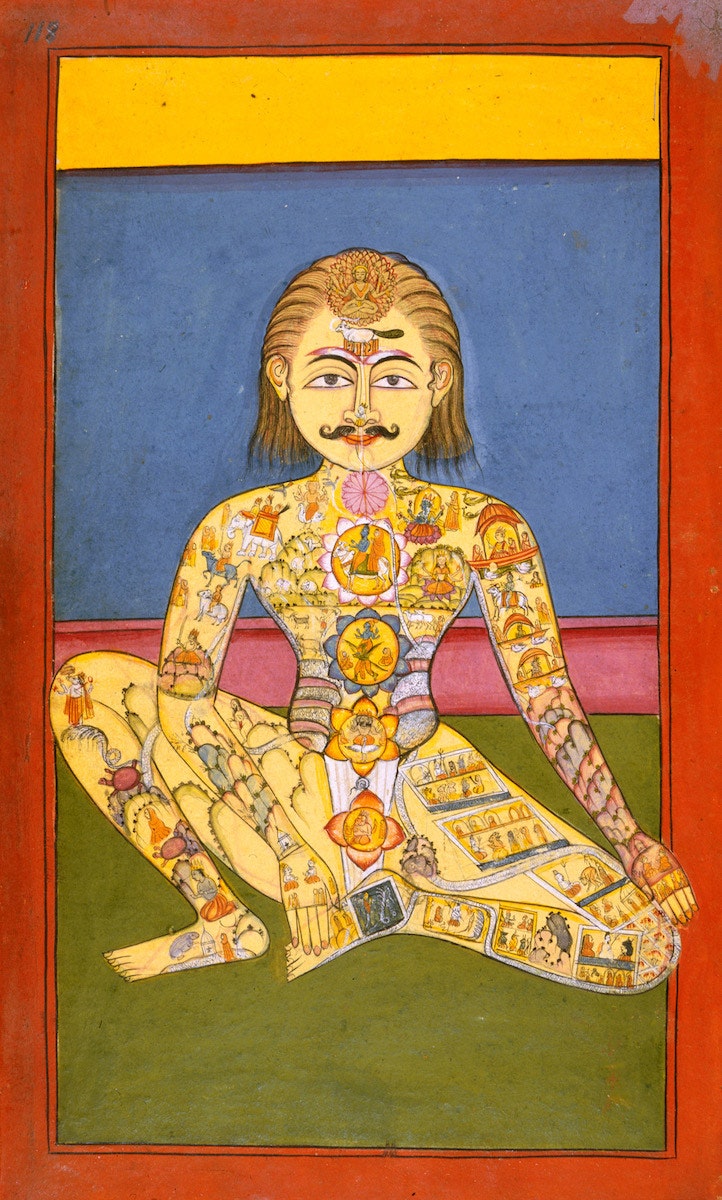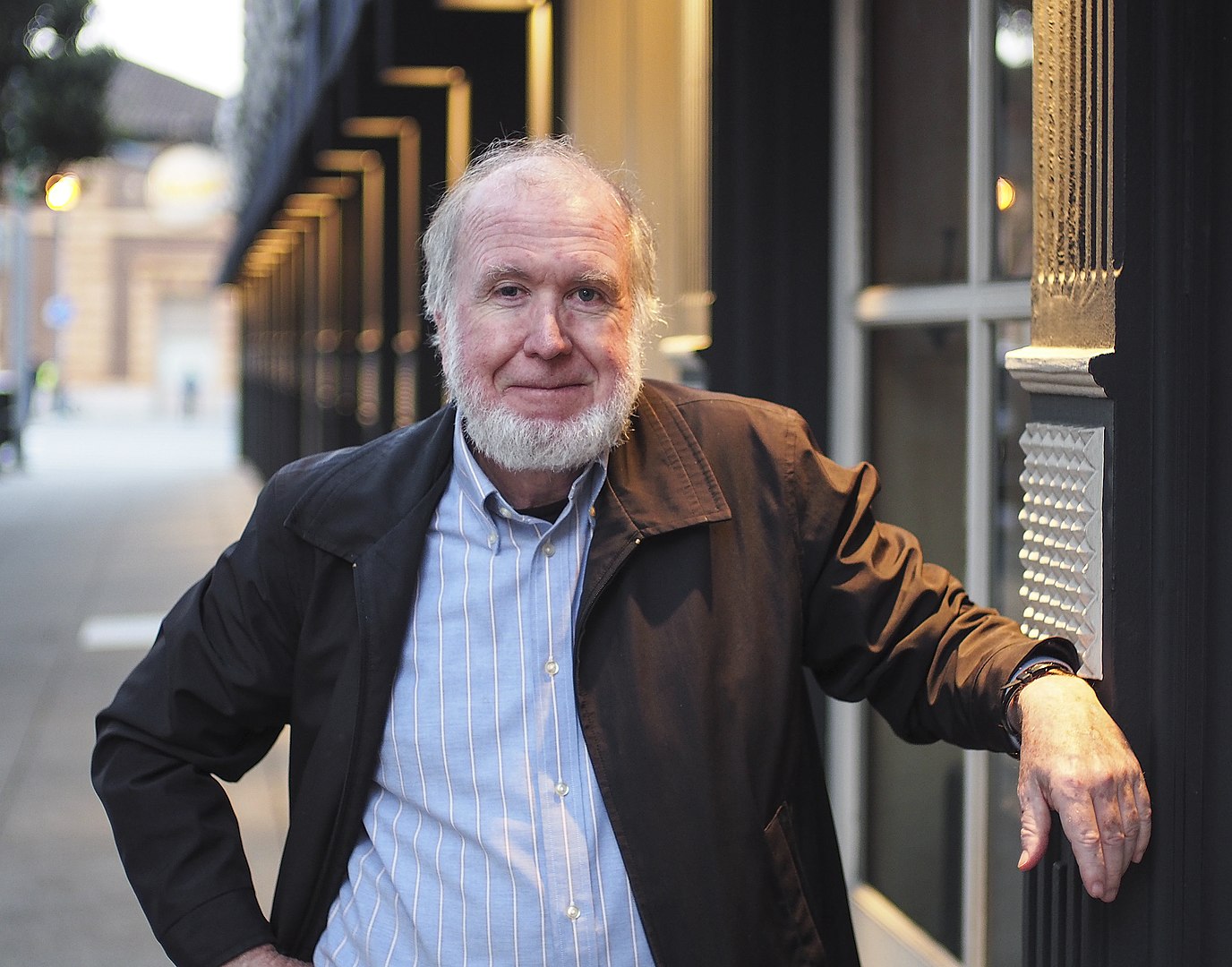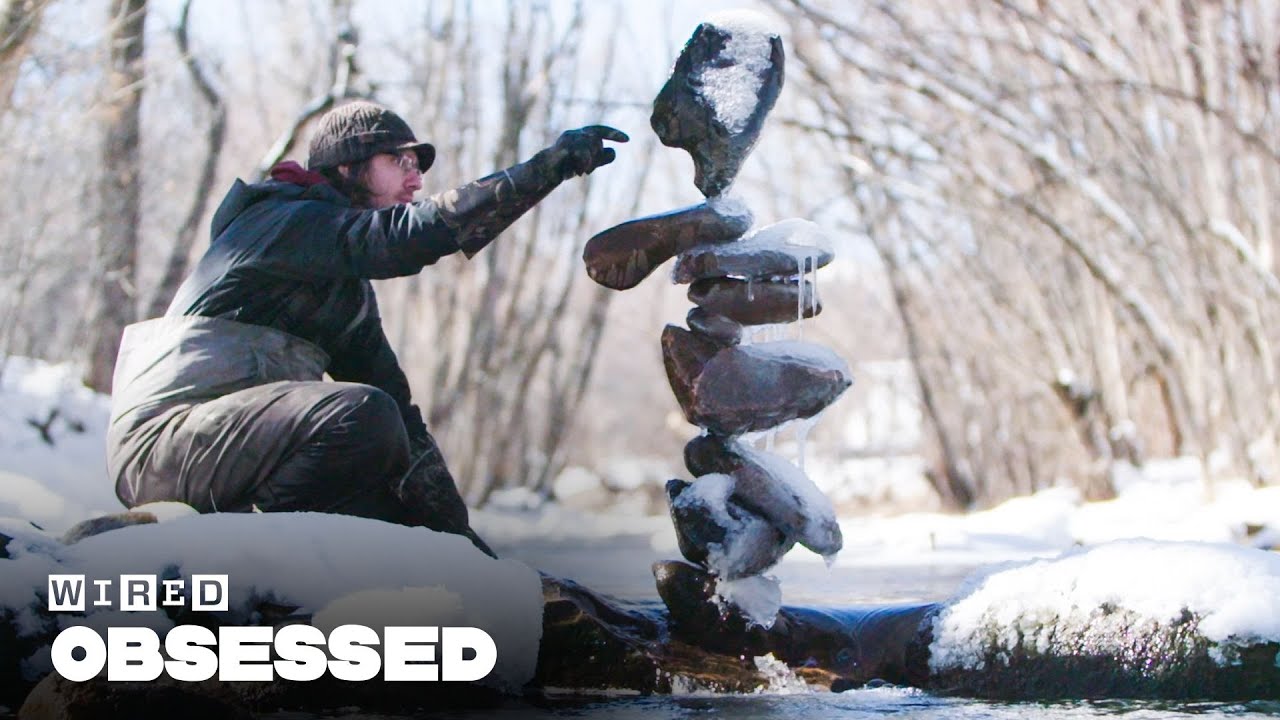Summer Festivals in the United States: Celebrations, Traditions, and Culture
Summer in the United States is synonymous with festivals, outdoor gatherings, and community celebrations. From coast to coast, Americans embrace the warm months with vibrant events that showcase the country’s diverse cultural heritage, music, food, and traditions. These summer festivals often bring together locals and tourists alike, providing memorable experiences that highlight regional identities and shared values.
The Spirit of Summer Festivals in the US
Summer festivals in the US are as varied as the country’s landscape and population. They celebrate everything from music and food to historical milestones and cultural heritage. Many festivals have deep roots in local traditions, while others reflect contemporary trends and multicultural influences. Common themes include community bonding, patriotism, and the joy of outdoor life.
Iconic Summer Festivals and Their Traditions
4th of July Celebrations
Arguably the most quintessential American summer festival is the Fourth of July, also known as Independence Day. This holiday commemorates the adoption of the Declaration of Independence in 1776 and is marked by patriotic displays across the nation.
Traditions:
- Fireworks Displays: Cities and towns organize spectacular fireworks shows that light up the night sky.
- Parades: Colorful parades featuring marching bands, floats, veterans, and community groups are common.
- Barbecues and Picnics: Families and friends gather for outdoor barbecues, enjoying classic American fare such as burgers, hot dogs, and corn on the cob.
- Flag Displays: American flags adorn homes, streets, and public spaces.
- Concerts and Festivals: Many communities host live music and cultural performances to celebrate freedom and national pride.
State and County Fairs
State and county fairs are staple summer festivals that celebrate agricultural heritage and rural traditions. These fairs offer a glimpse into local culture through exhibitions, competitions, and entertainment.
Traditions:
- Livestock Shows: Farmers showcase prized animals, competing for ribbons and recognition.
- Carnival Rides and Games: Ferris wheels, roller coasters, and midway games provide family fun.
- Food Stalls: Unique fair foods like funnel cakes, corn dogs, and cotton candy are enjoyed by visitors.
- Craft and Art Exhibits: Local artisans display handmade crafts, quilts, and artworks.
- Demolition Derbies and Rodeos: Some fairs feature thrilling motor events and rodeo shows that highlight skills in horseback riding and cattle herding.
Music Festivals
Music festivals are a major part of the American summer cultural calendar, covering genres from rock and country to jazz and electronic dance music. Some of the largest and most famous festivals draw hundreds of thousands of attendees.
Examples and Traditions:
- Coachella (California): A globally renowned music and arts festival known for trendsetting fashion and eclectic lineups.
- Bonnaroo (Tennessee): A four-day festival featuring diverse acts, camping, and community-focused activities.
- Newport Jazz Festival (Rhode Island): One of the oldest jazz festivals, celebrating a rich musical heritage.
- Country Music Festivals: Events in Nashville and other southern cities celebrate country music’s roots with live performances and dance.
At these festivals, attendees often engage in traditions such as dressing in festival fashion, camping on-site, and participating in communal sing-alongs.
Cultural and Heritage Festivals
The US is home to a melting pot of cultures, and summer festivals often highlight this diversity through celebrations of ethnic heritage.
Examples:
- Chinese Dragon Boat Festival: Celebrated in cities with large Chinese-American populations, it features dragon boat races, traditional food, and cultural performances.
- Greek Festivals: These events showcase Greek food, dance, music, and Orthodox religious customs.
- Puerto Rican Day Parade (New York City): A vibrant parade and street festival celebrating Puerto Rican culture, music, and pride.
- Native American Powwows: Gatherings that include traditional dances, music, storytelling, and crafts, honoring indigenous heritage.
Food Festivals
Food festivals celebrate local and regional specialties, offering visitors a taste of America’s culinary diversity.
Popular Food Festivals:
- Lobster Festival (Maine): Featuring fresh seafood, cooking contests, and maritime heritage.
- Tomato Festival (California): Dedicated to all things tomato, including tastings, contests, and farm tours.
- BBQ Festivals: Particularly popular in southern states like Texas and Tennessee, showcasing grilling techniques and sauces.
- State Fair Foods: Unique culinary creations often debut at fairs, blending traditional and innovative flavors.
Common Traditions Across Summer Festivals
While each festival has its unique flair, several traditions are shared widely:
- Community Participation: Most festivals emphasize local involvement, from volunteers and performers to vendors and attendees.
- Outdoor Activities: Celebrations take advantage of warm weather, often featuring outdoor concerts, parades, and sporting events.
- Family-Friendly Atmosphere: Many festivals include kid-friendly zones, games, and educational exhibits.
- Merchandising and Souvenirs: Visitors often purchase crafts, memorabilia, and specialty foods to commemorate their experience.
- Cultural Exchange: Festivals serve as platforms for cultural education, sharing stories, music, dance, and cuisine from various traditions.
The Role of Festivals in American Culture
Summer festivals are more than just entertainment; they serve critical social functions. They foster a sense of belonging and identity, strengthen community ties, and preserve traditions. Festivals also stimulate local economies by attracting tourists and promoting local businesses.
In 2025, summer festivals continue evolving with a growing emphasis on sustainability, inclusivity, and digital engagement. Many events incorporate green initiatives like waste reduction and recycling, and technology enhances visitor experiences through apps, virtual tours, and live streaming.
Tips for Attending Summer Festivals in the US
- Plan Ahead: Popular festivals can sell out quickly, so book tickets and accommodations early.
- Stay Hydrated and Protected: Summer weather can be hot and sunny; bring water, sunscreen, and appropriate clothing.
- Use Public Transport: Many festivals have limited parking; public transit or ride-sharing is recommended.
- Respect Local Customs: Each festival has its own culture—observe and respect traditions to enrich your experience.
- Support Local Vendors: Purchasing from local artisans and food stalls helps sustain communities.
Summary Table: Popular US Summer Festivals and Key Features
| Festival | Location | Main Attractions | Traditional Highlights | Best Time |
|---|---|---|---|---|
| 4th of July Celebrations | Nationwide | Fireworks, Parades, Barbecues | Patriotic displays, community events | July 4 |
| State and County Fairs | Various states | Livestock shows, rides, food | Agriculture, crafts, rodeos | June – August |
| Coachella | California | Music, Art installations | Festival fashion, camping | April (early) |
| Newport Jazz Festival | Rhode Island | Jazz performances | Historic jazz heritage | August |
| Dragon Boat Festival | Various cities | Boat races, cultural shows | Chinese traditions, food | Summer (varies) |
| Lobster Festival | Maine | Seafood, cooking contests | Maritime culture | August |
| Puerto Rican Day Parade | New York City | Parade, street festival | Puerto Rican music and dance | June |
Conclusion
Summer festivals in the United States offer a rich tapestry of experiences that celebrate history, culture, music, and food. These festivals are a reflection of America’s diversity and community spirit, inviting locals and visitors to connect and celebrate together. Whether enjoying fireworks on the Fourth of July, dancing at a music festival, or savoring regional cuisine at a food fair, summer festivals in the US remain a vibrant and cherished tradition.











